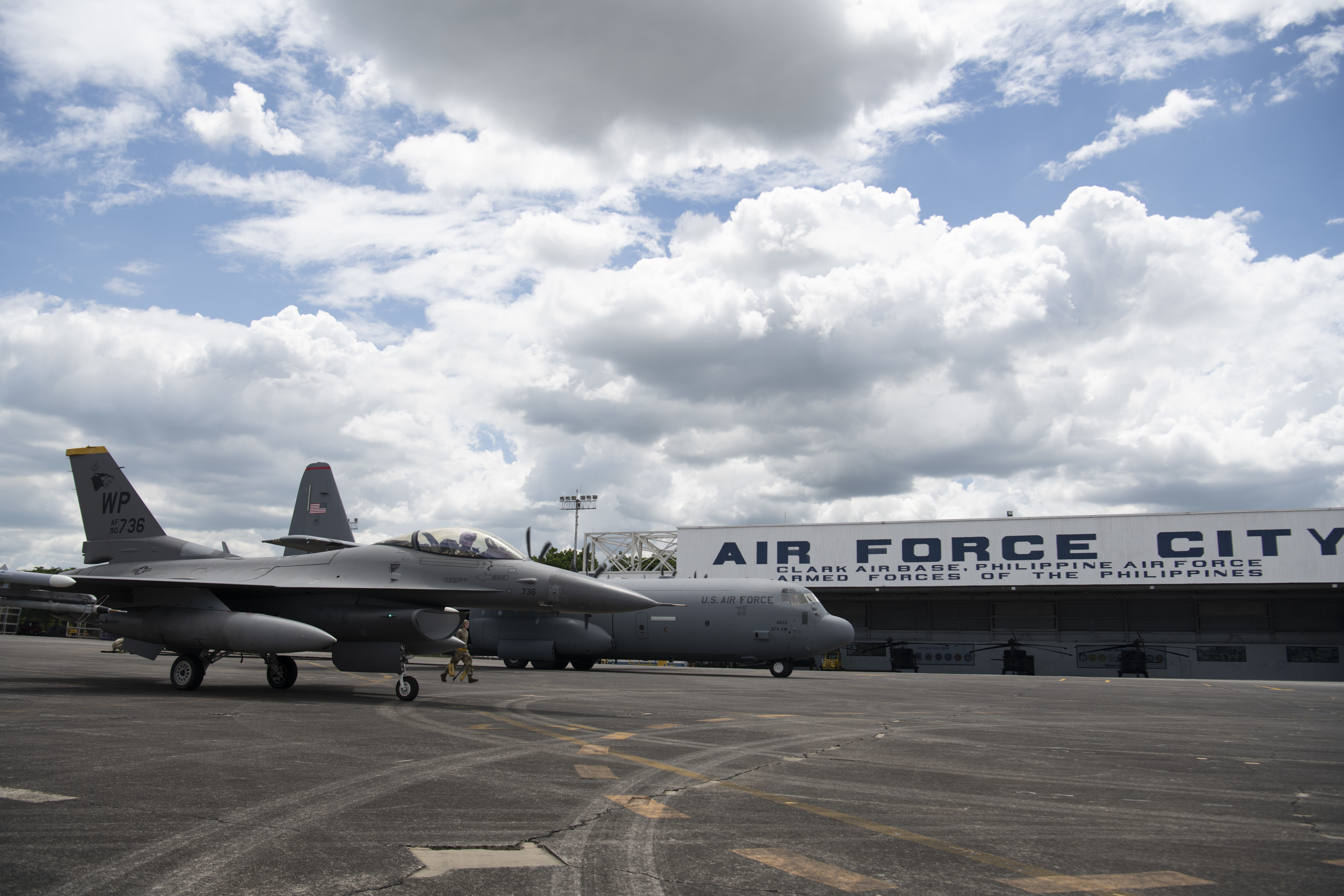Newly elected Philippine President Ferdinand Marcos Jr. has indicated he desires warmer relations with Beijing, saying he is even open to military ties with China, a move that would complicate Pacific Air Forces’ efforts to protect U.S. interests with a forward presence in the South Pacific.
“We have our relationship not only on one dimension,” Marcos said July 5, according to media reports. “Let’s add to that: Let’s have cultural exchanges, educational exchanges, even military, if that will be useful.”
Marcos’s comments came ahead of a two-day visit by Chinese Foreign Minister Wang Yi that began July 6 in Manila. Wang will tour Southeast Asia until July 14 and continue China’s effort to enlist new partners across the Pacific who can provide military basing and access.
The boldest statements yet by the new Philippine president are also an unwelcome sign to the Pacific Air Forces, which had begun practicing agile combat employment on the island chain in the South Pacific.
Basing access in the Philippines would give Beijing a footing just 1,500 miles from Andersen Air Force Base, Guam, considered the Defense Department’s “forward edge” for Pacific defense. A multi-layered missile defense system on Guam is years away.
In a June 9 interview at PACAF headquarters, commander Gen. Kenneth S. Wilsbach told Air Force Magazine he had hoped to deepen Air Force ties with the Philippines under the new administration.
“We’ve done a limited amount, very limited, really, in the Philippines,” Wilsbach said after describing new agile combat employment and other exercises taking place in Palau.
“We have done some ACE operations in the Philippines and certainly hope to do more training with them here and in the future,” he said.
In May, F-16s from the 80th Fighter Squadron, Kunsan Air Base, South Korea, exercised alongside Philippines Air Force F-16s.
“I actually had a chance to visit the Philippines not long ago and got to a couple of their airfields and met with their air chief,” Wilsbach said. “So, it’s a good relationship.”
The U.S. defense relationship with the Philippines soured under the administration of past president Rodrigo Duterte, who also attempted to realign his relations with China despite disputed maritime claims in the South China Sea. In June 2020, Duterte canceled the visiting forces agreement with the United States before reversing his decision four months later.
“I think the Philippines is going to be a tricky one because of Bongbong coming in, but it’s still really important,” American Enterprise Institute Asia-Pacific defense policy expert Zack Cooper told Air Force Magazine in a recent interview, referring to Marcos by his nickname.
“There is stuff that we can probably do with other countries in Southeast Asia, but it’s going to be probably more limited,” he added. “The Pacific islands posture options are critical, and we’re seeing the Chinese making a huge Pacific islands push right now.”
In recent months, Wang visited numerous Pacific islands, and China recently signed a basing agreement with the Solomon Islands, adding an unforeseen challenge to U.S. ally Australia’s defense plans.
In his interview with Air Force Magazine prior to Marcos’s remarks, Wilsbach was confident the U.S. relationship with the Philippines could deepen, but he warned that political uncertainty remained.
“They just obviously had an election, and we’ll see how that transition may change the political environment or not,” he said. “And we’ll go from there.”
